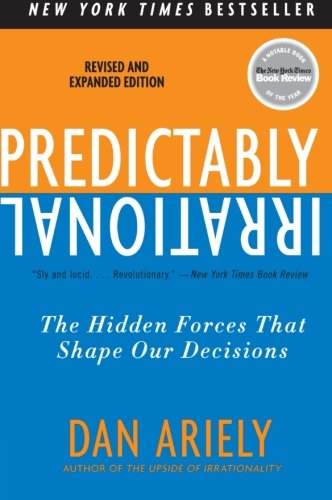Speaking of Cost of Ownership →
The Air Force isn't the only service procuring major weapon systems without a clear idea of the long term cost of ownership.
... the Navy may go into a critical decision in 2015 about whether to contract for up to 28 more Littoral Combat Ships without enough understanding of the long-term costs, the evolving concepts to sustain the vessels, or even whether they have enough bandwidth to exchange maintenance data with support facilities ashore.
